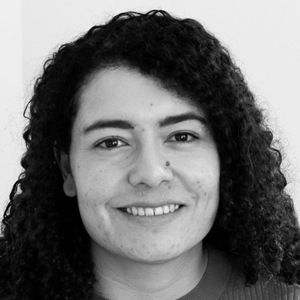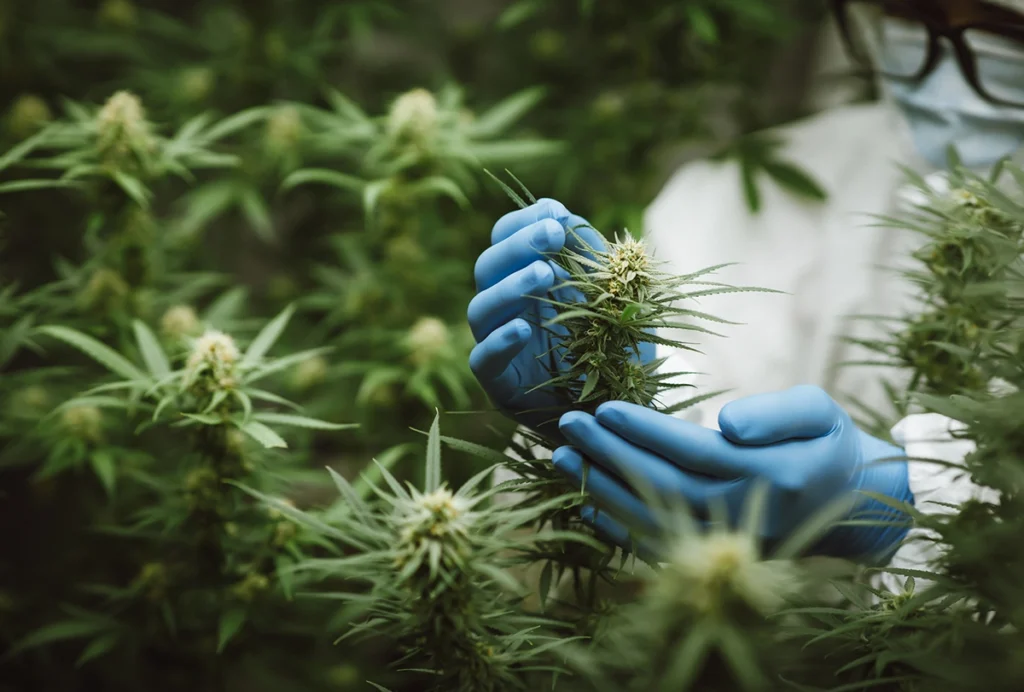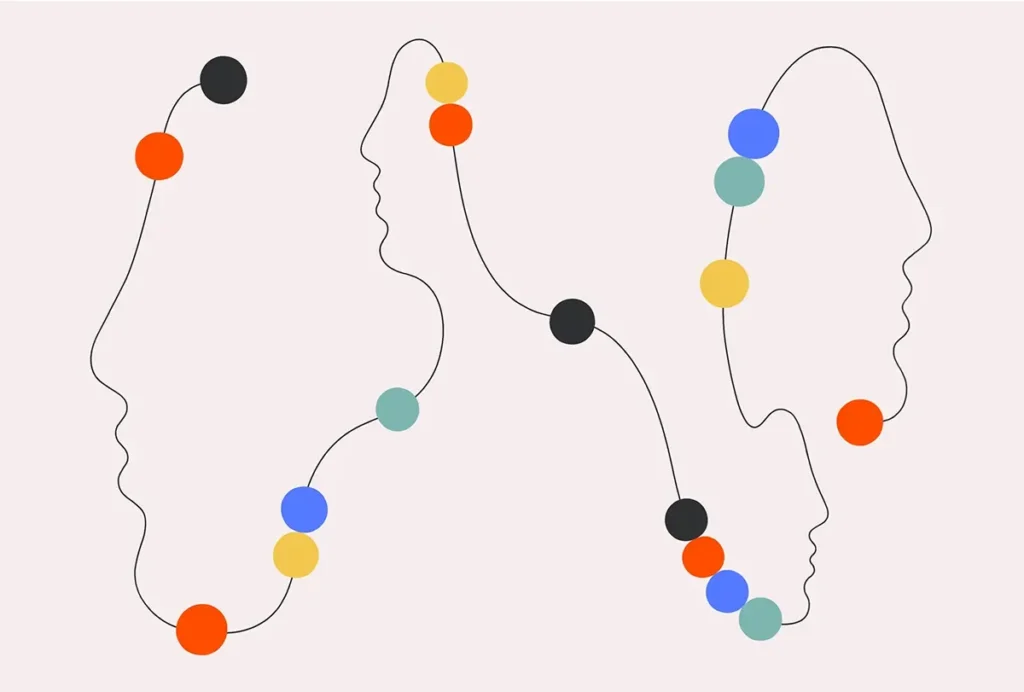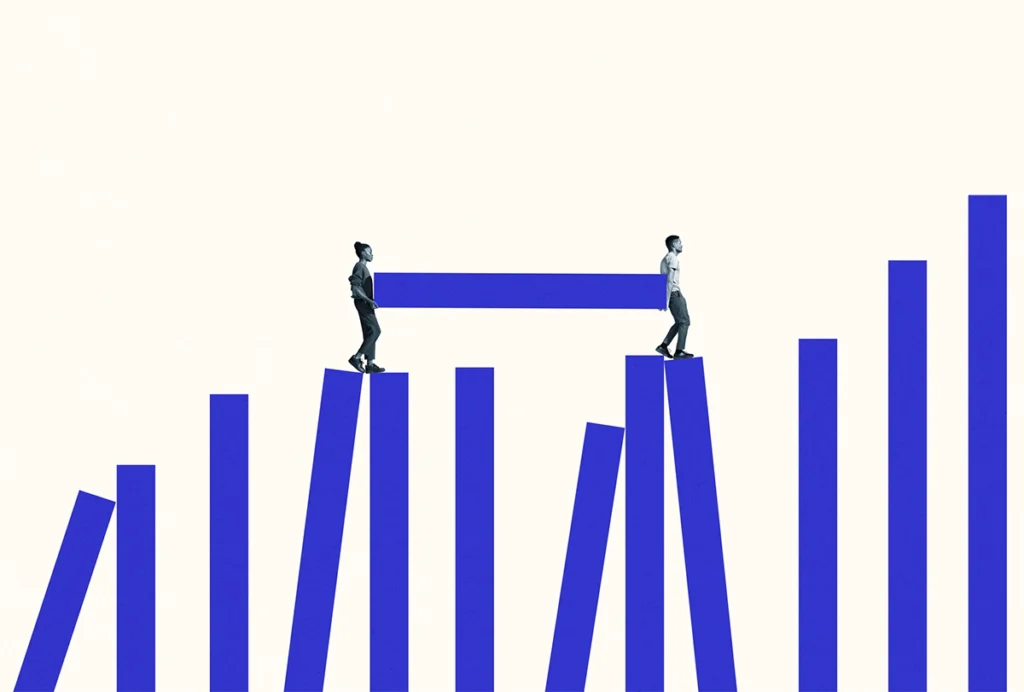Gina Jiménez is a health reporter and The Transmitter’s former news reporting intern. She has written for Kaiser Health News, Scientific American and Slate, among other publications. She holds an M.A. in journalism from New York University’s Science, Health and Environmental Reporting Program. See more of her work at https://www.gina-jimenez.com.

Gina Jiménez
Former news reporting intern
The Transmitter
From this contributor
Martín Giurfa y la idea de hogar
El investigador de la cognición de insectos ha hecho su trabajo en varios continentes, pero Argentina nunca está lejos de su mente.
Martin Giurfa’s concept of home
The insect-cognition researcher has done his work across continents, but Argentina is never far from his mind.
Cannabis may be rescheduled–what does it mean for neuroscience?
The drug could become much easier to access, increasing the number of researchers who can work with it and the manufacturers who can produce it.

Cannabis may be rescheduled–what does it mean for neuroscience?
How to use race and ethnicity data responsibly in neuroscience research
Follow these four tips to avoid using the information in problematic ways, including as a proxy for environmental variables.

How to use race and ethnicity data responsibly in neuroscience research
Reporting bias widespread in early-childhood autism intervention trials
Only 7 percent of completed registered trials were later updated with results, one of several failings identified in a new analysis.

Reporting bias widespread in early-childhood autism intervention trials
Explore more from The Transmitter
Shifting neural code powers speech comprehension
Dynamic coding helps explain how the brain processes multiple features of speech—from the smallest units of sounds to full sentences—simultaneously.

Shifting neural code powers speech comprehension
Dynamic coding helps explain how the brain processes multiple features of speech—from the smallest units of sounds to full sentences—simultaneously.
Astrocytes orchestrate oxytocin’s social effects in mice
The cells amplify oxytocin—and may be responsible for sex differences in social behavior, two preprints find.

Astrocytes orchestrate oxytocin’s social effects in mice
The cells amplify oxytocin—and may be responsible for sex differences in social behavior, two preprints find.
Neuro’s ark: Spying on the secret sensory world of ticks
Carola Städele, a self-proclaimed “tick magnet,” studies the arachnids’ sensory neurobiology—in other words, how these tiny parasites zero in on their next meal.

Neuro’s ark: Spying on the secret sensory world of ticks
Carola Städele, a self-proclaimed “tick magnet,” studies the arachnids’ sensory neurobiology—in other words, how these tiny parasites zero in on their next meal.
